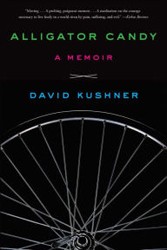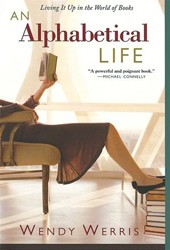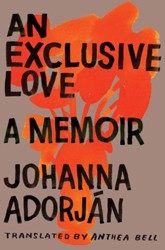Imre Kertész, the author of a number of novels about his incarceration in Auschwitz and Buchenwald, was awarded the Nobel Prize for Literature in 2002. His latest work is a memoir in the form of an exchange between a fictional interlocutor who asks questions and Kertész, who responds. The result is an extraordinary self-portrait wherein the author interrogates himself about aspects of his life, literature, and philosophy, as well as his thoughts on the legacy of the Holocaust as it is presented in the Western world.
For those of us who have followed Kertész’s criticism of what he labels the abuses of the Holocaust, this small volume will not come as a surprise. For example, with regard to the use of the term ‘Holocaust’ he writes, “As far as I’m concerned, I use the word because it has been made unavoidable, but I take it for what it is: a euphemism, a cowardly and unimaginative glibness.” Kertész goes on to note that the word actually only relates to those who were incinerated: the dead but not the survivors, and that “the survivor is an exception; his existence — really the result of an industrial accident in the machinery of death… that is one of the reasons it is hard to accept, to come to terms with the exceptional and anomalous existence that survival stands for.” So what does Kertész suggest we call the Holocaust? He writes,
“People don’t care to call what actually happened by its proper name, the’ Destruction of Europe’s Jews’… instead they have found a word whose true meaning they admittedly don’t understand, but have established this ritual and, by now, an ossified and immoveable place for it among our notions and defend it like watch dogs… They bark at anyone who approaches to adjust anything about it.”
Elsewhere, Kertész criticizes Steven Spielberg’s depiction of the Holocaust in Schindler’s List as kitsch, explaining, “I regard as kitsch any representation of the Holocaust that is incapable of understanding or unwilling to understand the organic connection between our own deformed mode of life and the very possibility of the Holocaust.”
When the fourteen-year-old Kertész was deported to Auschwitz along with much of Hungarian Jewry, one of the causalities was his innocence. He writes that even in the death camp he had a “trust in the world,” and believed “that the adult world had a duty to save me… and get me home in one piece… I firmly believe that I have that childish trust to thank for my being rescued.” Kertész also notes that of the seventeen children who were arrested with him and sent to Auschwitz, he was the only one to survive. He writes that “yes, it’s not easy being an exception.”
Kertész’s provocative memoir is well worth reading and although some will be outraged by his views on the legacy of the Holocaust, we can only admire Kertész’s distinctions between fiction and reality as it relates to the Shoah.




